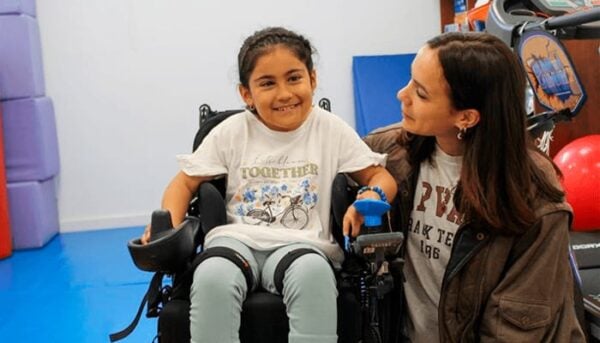A new Spanish initiative is demonstrating the transformative impact that 3D printing technology can have on the lives of children with disabilities. Developed by the San Juan de Dios Comillas University School of Nursing and Physiotherapy (EUEF) in Madrid, this project is the result of a collaboration with five healthcare and social service organizations across the region. The initiative has empowered third-year physiotherapy students to leverage digital design and 3D printing tools to develop personalized adaptive devices, directly addressing individual challenges and enhancing the independence and well-being of young patients.
This program is anchored in a Service-Learning methodology, blending academic instruction with meaningful community engagement. Through this approach, students build both technical and interpersonal skills, learning to combine innovation with empathy, dedication, and active listening. In this context, 3D printing proves to be an invaluable resource—an affordable, versatile technology that can be shaped to the unique requirements of each child. Such flexibility helps to bridge both financial and practical gaps often left by standard commercial devices, which may be cost-prohibitive or poorly suited to specific needs.
Students engage in close cooperation with therapists, educators, and families throughout the design and prototyping process. Together, they identify mobility challenges and functional goals, working case by case to create solutions that are both medically sound and personally meaningful. For instance, Marcela Marcial, a participating student, designed a custom wrist splint tailored for a young girl, significantly improving her ability to propel her wheelchair and increasing her daily mobility. Other projects include Diego Ruiz’s innovative interchangeable grip system for standing frames, and Laura Fernández’s specialized device to promote thumb extension during physiotherapy, enriching the scope of therapeutic interventions.
Beyond physical and functional gains, the initiative is delivering profound emotional benefits. For the children, being equipped with bespoke devices boosts not only their independence but also their confidence and self-esteem. Families report increased optimism and security as they witness tangible progress in their children's mobility and daily activities. Therapists emphasize that this sense of partnership and visible advancement nurtures trust and motivates further participation in therapy. Additionally, the free provision of these 3D-printed devices alleviates significant financial burden for many families, opening access to care that might otherwise be unattainable.
This innovative project not only illustrates the powerful potential of 3D printing in the field of pediatric physiotherapy, but also demonstrates the critical importance of educating future professionals to be not only technically proficient, but also compassionate, socially responsible agents of change within their communities.









.jpeg)

-1.png)
.jpg)

